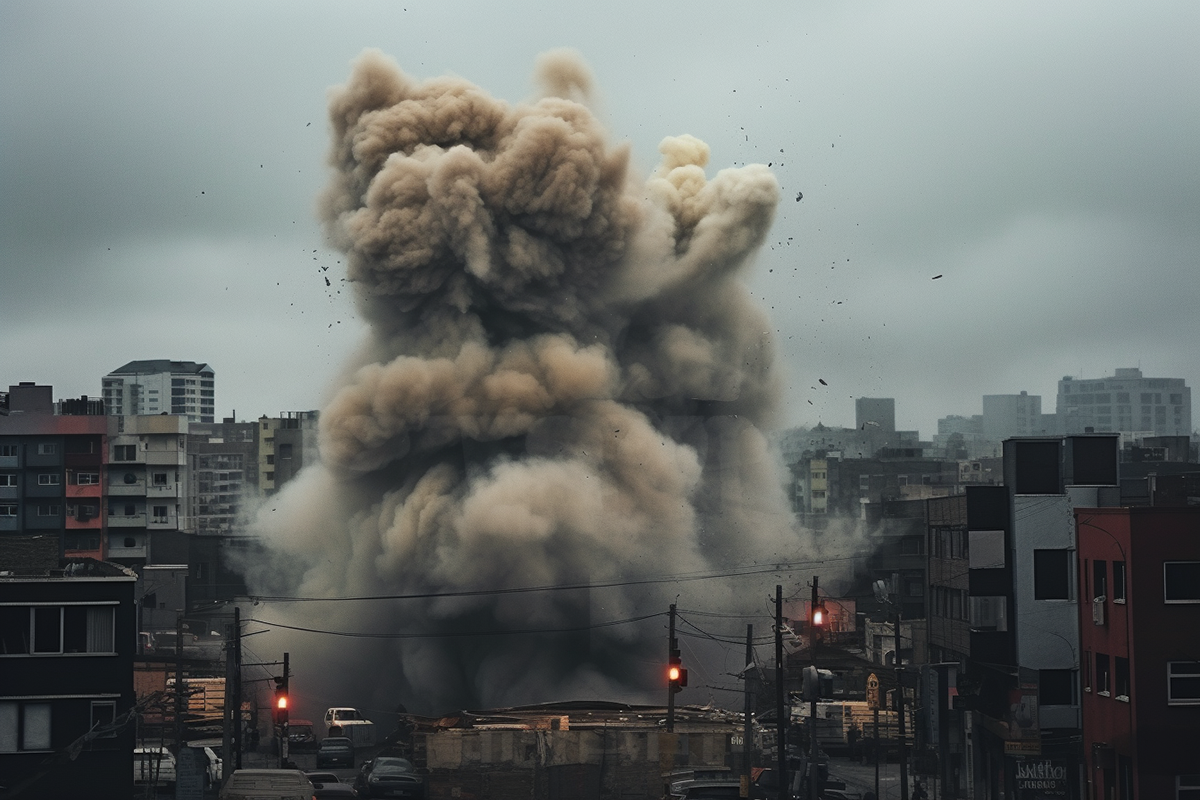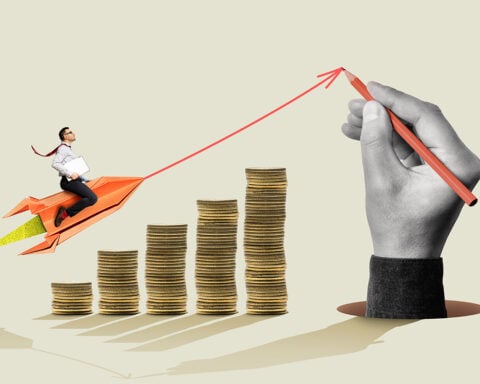When geopolitical unrest emerges, defence stocks usually shine. Such has been the case in the wake of the recent Israel-Hamas conflict. As tensions rose, defence contractors saw their shares spike. The rationale? Wars typically equate to increased revenue for the defence industry, a sentiment both institutional and retail investors echo.
Immediately following the Israel-Hamas war, there was a noticeable surge in the shares of military contractors. VandaTrack’s research indicated that this surge resulted from institutional and retail investors’ purchasing. A transparent reflection of this trend was seen in the performance of the iShares U.S. Aerospace & Defense ETF, which encompasses significant companies such as Raytheon, Lockheed Martin, Boeing, General Dynamics, and Northrop Grumman. Since the initial attacks on Israel earlier that month, this ETF surged by approximately 7%.
During a recent earnings call, Lockheed Martin’s executives acknowledged the conflicts in Israel and Ukraine as possible catalysts for increased revenue in the foreseeable future. Jim Taiclet, the chairman, president, and CEO of Lockheed Martin Corporation, stated, “In the longer term, some things are changing significantly. One is the global threat environment and the geopolitical situations getting more concerning and challenging.” He further emphasized the growing focus of the US and its allies on national defence in light of these events.
But it’s not just the defence industry keeping a close watch. Wall Street moguls are becoming increasingly apprehensive about the broader implications of these conflicts. Jamie Dimon, the CEO of JPMorgan Chase, expressed his concerns, saying, “Now may be the most dangerous time the world has seen in decades.” He mentioned the Israel-Hamas war and the conflict in Ukraine as factors that could profoundly affect various sectors such as energy, food markets, global trade, and geopolitical relationships.
Sam Stovall, the chief investment strategist at CFRA, reminded investors of historical precedents, citing instances like the Yom Kippur War in 1973 and Iraq’s invasion of Kuwait in 1990. These conflicts, he pointed out, had set off or exacerbated US recessions and bear markets.
However, this increase in defence stocks might be fleeting. While defence stocks typically experience an upswing following military confrontations, they often relinquish these gains shortly after that. For instance, after Russia invaded Ukraine, the iShares defence ETF jumped by 5%, with stocks of companies like Lockheed Martin and Northrop Grumman skyrocketing by about 20%. Yet, within six months, these stocks returned to their previous levels. Raffi Boyadjian, an analyst at XM, opined, “If the war remains confined between Israel and Palestinians, it’s likely that the markets will forget about it after a few days.”
Current market trends seem to support Boyadjian’s view. For example, the yield on the 10-year Treasury note approached a 16-year peak, indicating that investors aren’t expecting the conflict to escalate to oil-rich countries.
While defence stocks can be susceptible to global conflicts and geopolitical shifts, their performance can be temporary. The Israel-Hamas conflict, though significant, might not have a lasting impact on the defence market. However, if it happens, a considerable increase in the US defence budget could trigger a more enduring rally.







